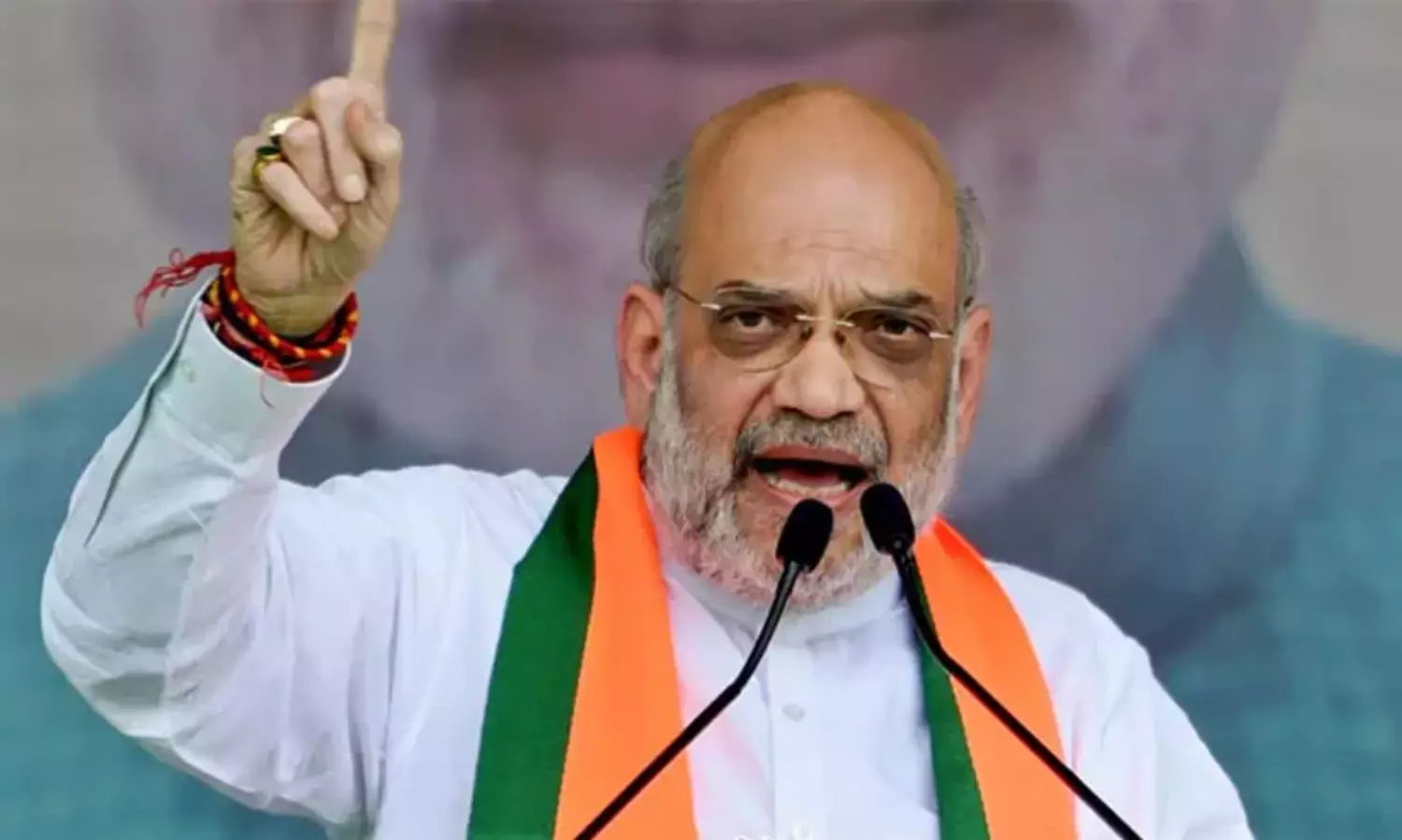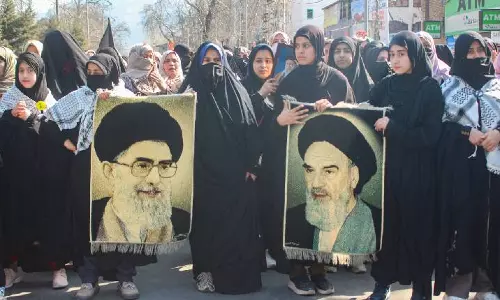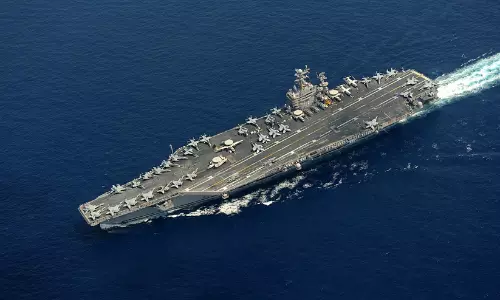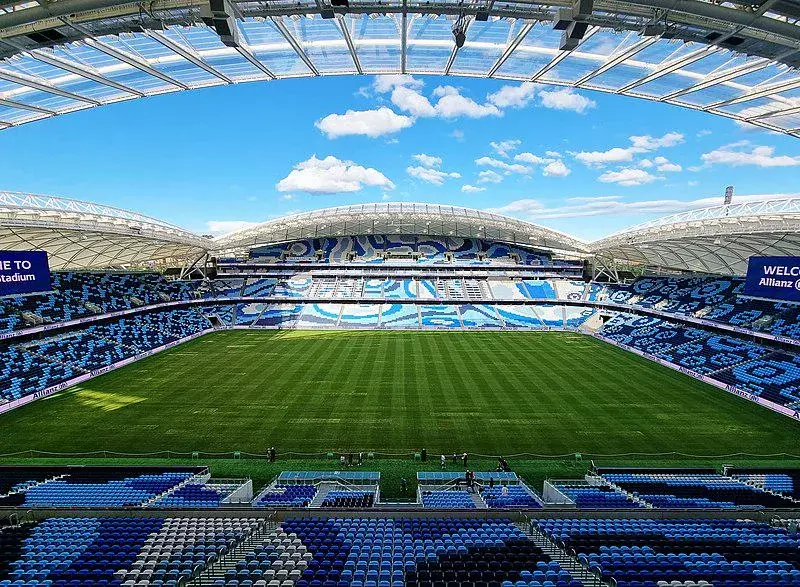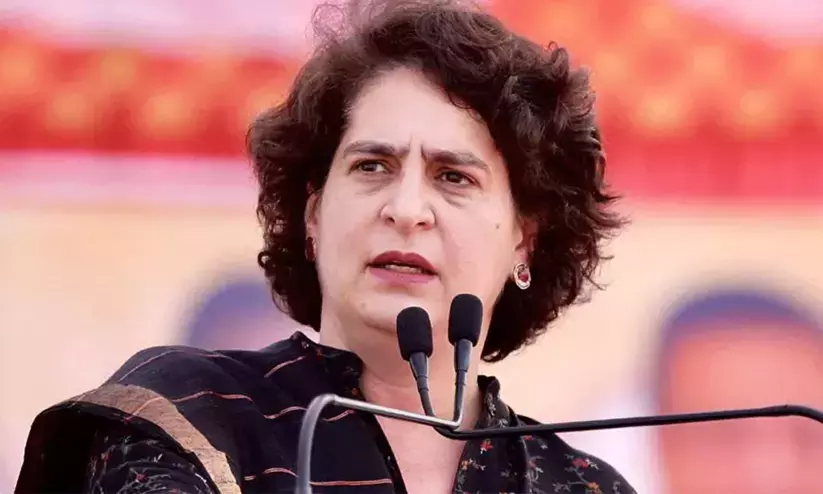
Bashar al-Assad and family arrive in Moscow, granted asylum by Russia
text_fieldsSyrian President Bashar al-Assad with his family.
Moscow: Former Syrian President Bashar al-Assad, accompanied by his family, has arrived in Moscow after fleeing Syria following the takeover of the capital, Damascus, by opposition forces. According to top officials and media reports, Russia has granted asylum to Assad and his family for humanitarian reasons.
A leading Russian media outlet, citing a Kremlin source, confirmed that Assad's asylum was extended as part of Russia's humanitarian commitment. As a staunch ally of Syria, Russia has reiterated its call for renewed negotiations aimed at resolving the ongoing crisis in the Middle East under the auspices of the United Nations.
Assad stepped down as president and departed Syria shortly after rebel forces seized control of Damascus. On Sunday morning, Islamist militant group Hayat Tahrir al-Sham (HTS) and its allies, having advanced into the city without significant resistance, declared the departure of “the tyrant Bashar al-Assad.” This followed a week in which Assad had vowed to "crush" the rebel forces rapidly gaining ground.
The dramatic shift occurred as opposition forces launched a rapid offensive, capturing key Syrian cities in a matter of days. After entering Damascus at dawn, rebel fighters appeared on state television to announce the fall of the capital and the end of Assad’s rule. A man in military attire, flanked by armed fighters, read a statement dubbed 'Statement No. 1,' declaring that the rebel units had taken control of Damascus.
According to the Britain-based Syrian Observatory for Human Rights, opposition forces reported that hundreds of government soldiers withdrew from Damascus International Airport, changing into civilian clothes. Witnesses in Damascus reported heavy gunfire and traffic jams as civilians fled the city. Activists noted that demonstrators took to the streets, waving the pre-Hafez al-Assad "revolution flag."
Syrian Prime Minister Mohammad Ghazi Al-Jallali expressed his readiness to work with any leadership chosen by the Syrian people. Opposition military leader Ahmed Al-Sharaa, also known as Abu Mohammad Al-Julani, announced that Al-Jallali would oversee public institutions until the official transfer of power was completed.
This development marks a significant turning point in Syria's ongoing conflict, signaling the potential beginning of a new phase in the country's leadership and political landscape.
With IANS inputs




